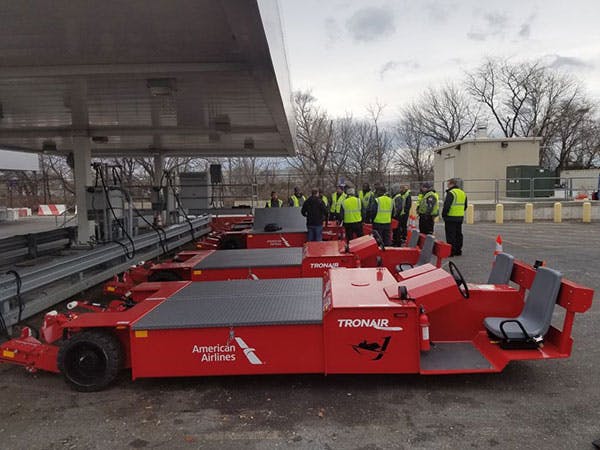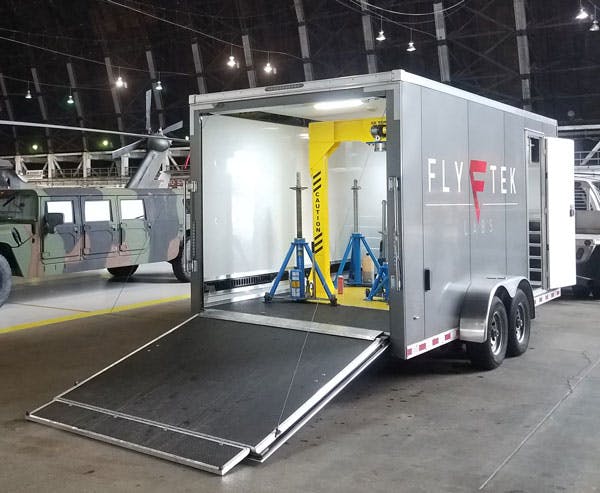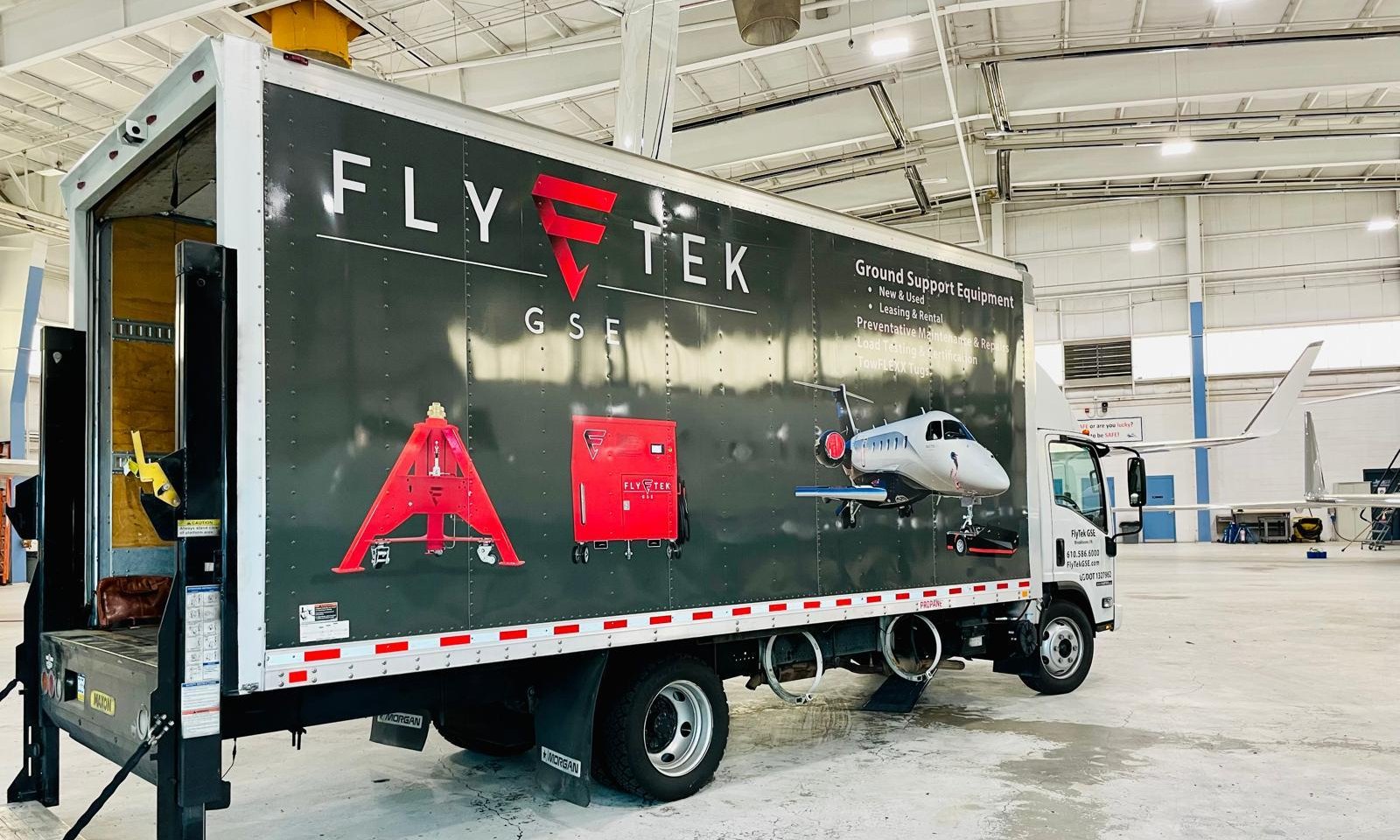Commercial airlines may not be getting the same amount of passengers as they used to, but they’re still considered essential businesses during the COVID-19 shutdown. And since airlines are essential, that means the ground support businesses which allow them to function are essential too. And taking this even further, businesses that perform preventative maintenance and repairs for ground support equipment are still open for business as well. So with that in mind, now is a great time to take advantage of the services provided by a company like FlyTek. Not only can we keep your pieces of equipment running, but we can also perform repairs and maintenance at a time when it’s least disruptive to you.
Keep Your Operations Up and Running

If your business primarily services passenger planes, you may have noticed a drop in your client’s operations since the start of the pandemic. It’s a fact that people just aren’t flying as much as they used to. But that doesn’t mean there’s nothing for ground support service providers to do. While passenger plane usage may be down, the same isn’t necessarily true for private, cargo, and military planes. There are still many planes that need to be serviced, which means there are many pieces of ground support equipment that need to be in operational order as well. Your vital pieces of equipment cannot be allowed to break down while there’s still work to be done.
And even if your clients have seen a decrease in their own business, that doesn’t necessarily translate into a decrease in business for you. While some of your equipment may be seeing less usage, such as your belt loaders, you may find that the usage of other pieces of equipment has increased due to more maintenance being performed. For example, if you have a passenger plane client that’s doing fewer flights right now, this is the perfect time to service their aircraft while they aren’t in use. For this reason, equipment like aircraft jacks may see increased use over the next few months. And other items like aircraft tugs are going to be needed regardless of whether your clients’ aircraft are flying or being maintained.
Turn Downtime into Maintenance Time

Just as now is a good time to service your clients’ equipment which currently isn’t seeing as much use, the same is true for your own equipment which isn’t seeing as much use. Turn downtime into maintenance time by scheduling preventative maintenance to be done. There are two major benefits of doing this:
- The maintenance will not interrupt your ongoing operations if it’s being done to equipment that isn’t currently in use anyway.
- When that equipment is needed again, it will be ready for action after having been serviced.
Downtime is costly; any time your equipment isn’t being used is money lost. But you can still make the most of your current downtime to ensure that your equipment is working when it’s needed most. Because the only thing worse than downtime is unplanned downtime when your clients are counting on you.
Conclusion
Ground support service providers are essential businesses during the COVID-19 pandemic due to the vital role they play in the operation of aircraft. Ground support equipment is used for everything from moving, to loading, to maintaining aircraft. And to ensure that your equipment is able to do everything you need it to, preventative maintenance and repair is a must. Just as now is the perfect time to perform maintenance and repairs on your clients’ aircraft, the same is true for your own equipment, and FlyTek is here to help.
FlyTek GSE Preventative Maintenance
If your ground support equipment is in need of maintenance or repairs, you can trust FlyTek to get it done quickly and correctly. Our team of expert technicians has extensive experience repairing and maintaining all kinds of equipment from a variety of manufacturers. And our mobile repair unit will even come to your place of business to perform the repairs, saving you time. Contact FlyTek GSE today for more information about the services we provide.



